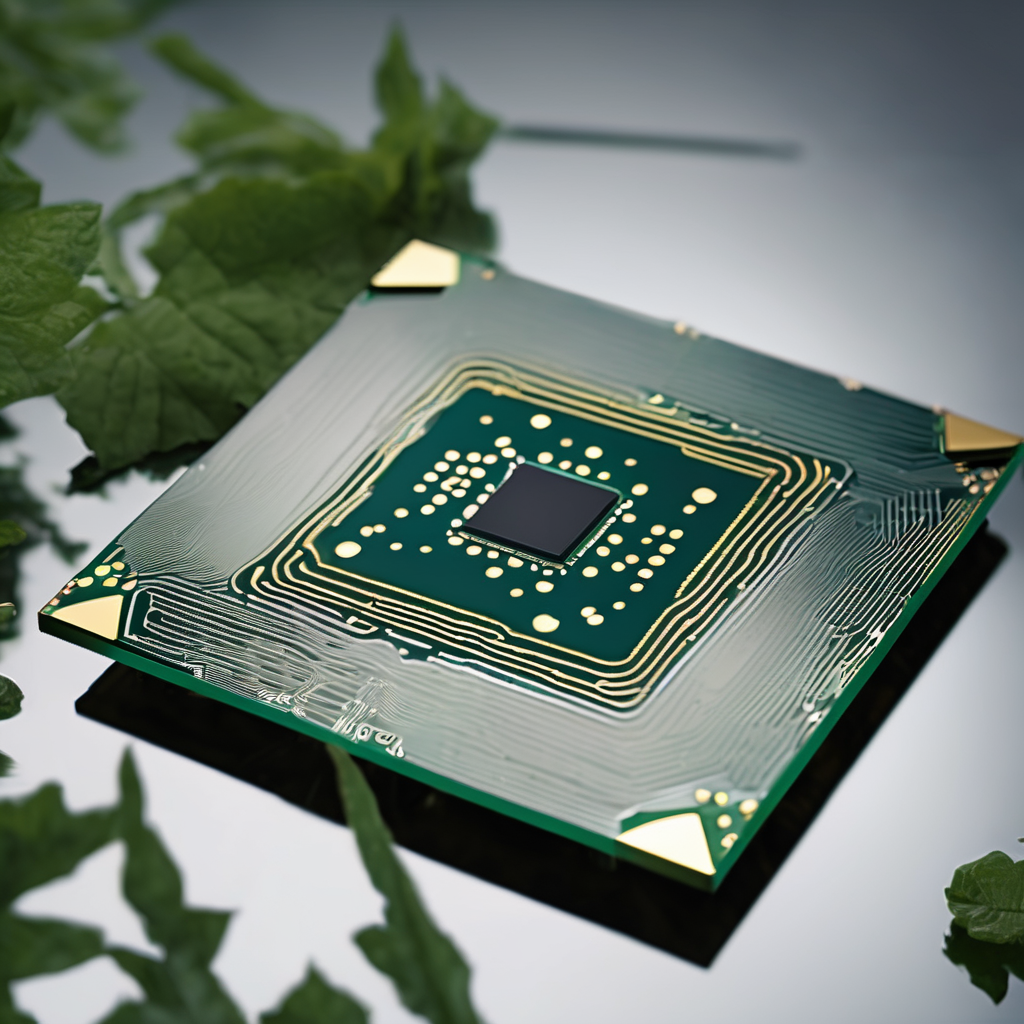Google has announced a significant advancement in quantum computing, unveiling an algorithm that has achieved a computational task surpassing the capabilities of conventional supercomputers. This algorithm, which can compute the structure of a molecule, holds potential for groundbreaking discoveries in various fields, including medicine and materials science.
In a blog post, Google emphasized, “This is the first time in history that any quantum computer has successfully run a verifiable algorithm that surpasses the ability of supercomputers.” This achievement moves quantum computers closer to practical applications through repeatable and scalable verifications.
Michel Devoret, chief scientist at Google’s quantum AI unit and a recent Nobel laureate in physics, described this milestone as a significant step toward full-scale quantum computation. The detailed findings from the algorithm—demonstrating the ability of a quantum computer to operate 13,000 times faster than classical computers—were published in a peer-reviewed study in Nature.
Despite the excitement surrounding this breakthrough, some experts urge caution. Winfried Hensinger, a professor of quantum technologies at the University of Sussex, noted that while Google showcased “quantum advantage” by tackling a specific scientific problem, the real-world implications are still limited. The algorithm’s results were validated using nuclear magnetic resonance technology, akin to the principles used in MRI scans, but it was still a narrow application without significant immediate impact.
Hensinger elaborated that while Google’s accomplishment is indeed impressive, fully fault-tolerant quantum computers capable of addressing a broader range of challenging tasks are still years away. He emphasized that substantial advancements are needed to achieve machines that can accommodate hundreds of thousands of qubits, as current quantum hardware faces difficulties due to the volatility of qubits.
Google’s Hartmut Neven offered a more optimistic outlook, predicting that tangible applications of quantum computing could emerge within the next five years, thanks to the development of the “quantum echoes” algorithm. Furthermore, Google suggests the synergy between quantum computing and artificial intelligence could foster the creation of unique datasets, enhancing AI model capabilities.
Traditional computers rely on bits, represented as either 0 or 1, to process information. In contrast, quantum computers employ qubits—particles like electrons or photons that can occupy multiple states simultaneously due to the quantum property of superposition. This allows qubits to represent a myriad of 1s and 0s concurrently, enabling quantum computers to explore a vast range of possibilities that classical computers cannot.
As the field of quantum computing advances, it also raises cybersecurity concerns. Experts warn that the rapid progress could enable quantum systems to breach high-level encryption, prompting calls for the implementation of quantum-proof cryptography by governments and organizations to safeguard sensitive information.
Google’s strides in quantum computing reflect not just technological innovation but also potential for future advancements that could reshape numerous sectors, bringing us ever closer to realizing the full capabilities of quantum technology.
